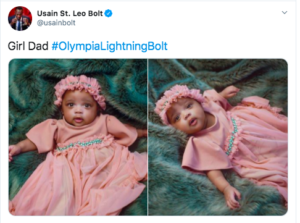Carved into the granite slopes of the Black Hills of South Dakota in the United States are the faces of four American presidents—George Washington, Thomas Jefferson, Theodore Roosevelt and Abraham Lincoln.
Mount Rushmore’s massive gallery of former commanders in chief is centerpiece to a vast wooded memorial visited by two million tourists every year. It was sculpted by Gutzon Borglum beginning in 1927. The architect picked the four presidents he thought represented major feats of the American story at that time.
When people talk about Mount Rushmore, they sculpt a pantheon in their minds for the four best individuals they think excel in anything.In sports for example, the late Los Angeles Lakers great Kobe Bryant came out six years before his death with his own selection for the Mount Rushmore of basketball.
Bryant picked Michael Jordan, Magic Johnson, Larry Bird and Bill Russell while acknowledging there were more candidates than spots on the granite rock of NBA royalty.
Modesty got the better of Bryant, not mentioning himself among the four greatest ever to play James Naismith’s invention.
In the 80 or so years since its opening, Mount Rushmore had not been without any controversy.
On the eve of America’s 244th Independence Day last week, US President Donald Trump, called the last president of the Confederacy for his desire to preserve Confederate statues and symbols, used the mountain as a backdrop to dive back into his 2016 playbook—divide the races.
Down by as many as 14 points in several recent polls for his reelection bid against former Vice President Joseph Biden, Trump launched a culture war to fire up white middle-class voters not wearing face masks at Mount Rushmore.
He once again not only ignored the deadly coronavirus, a massive national crisis that has killed more than 130,000 Americans. He also fueled his cultural war message by linking protests for racial equality and against police brutality “to a wave of violent criminals and efforts to destroy our civilization.”
Four days later, Trump scored Nascar (National Association for Stock Car Auto Racing), the stock car racing giant, for its decision to ban the Confederate flag.
Republican Sen. Lindsey Graham, a rabid Trump ally, pushed back this time against the president’s remarks.“Nascar was trying to grow the sport,” Graham said, adding that the Confederate flag is not a good way to do that.


